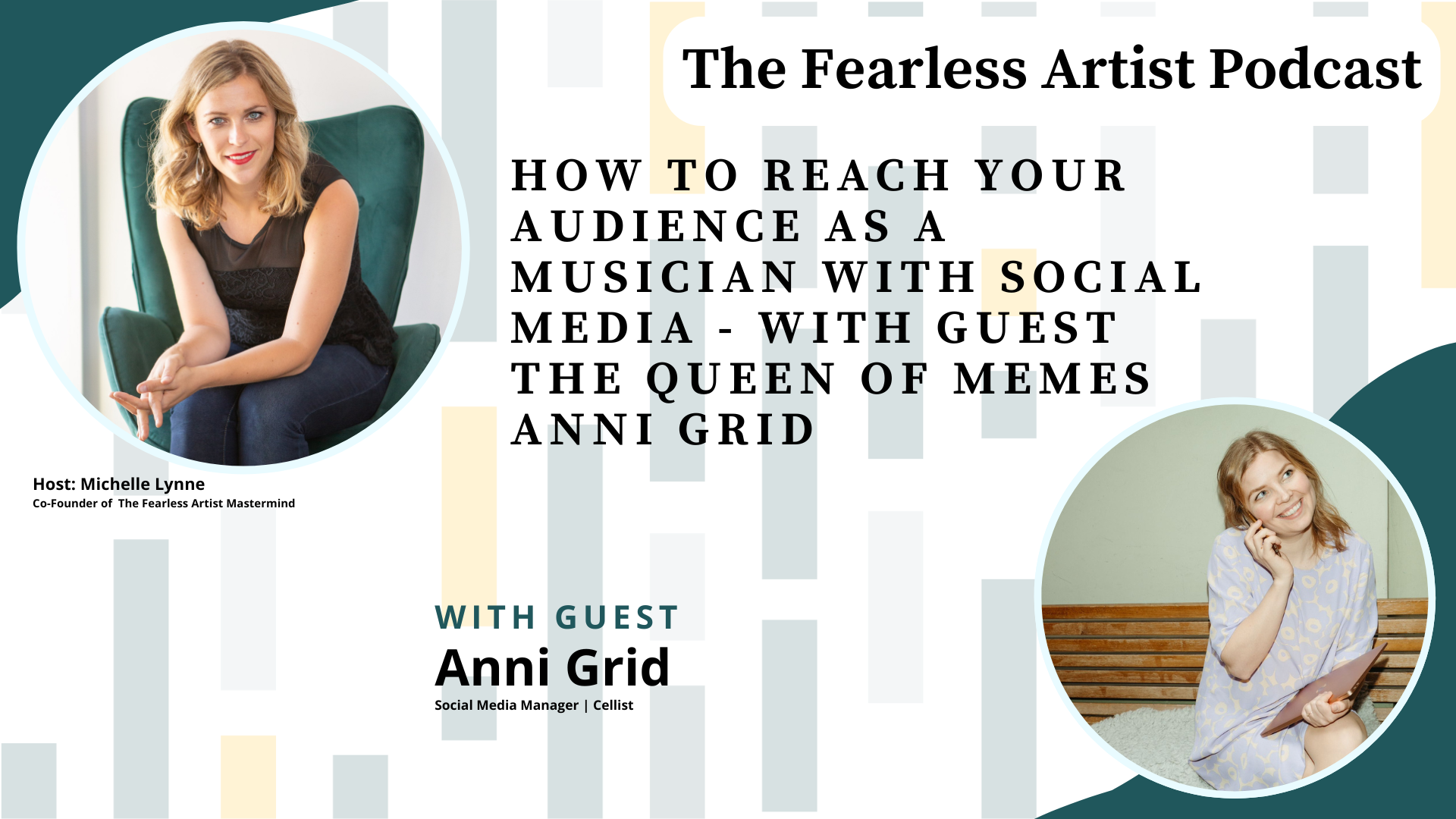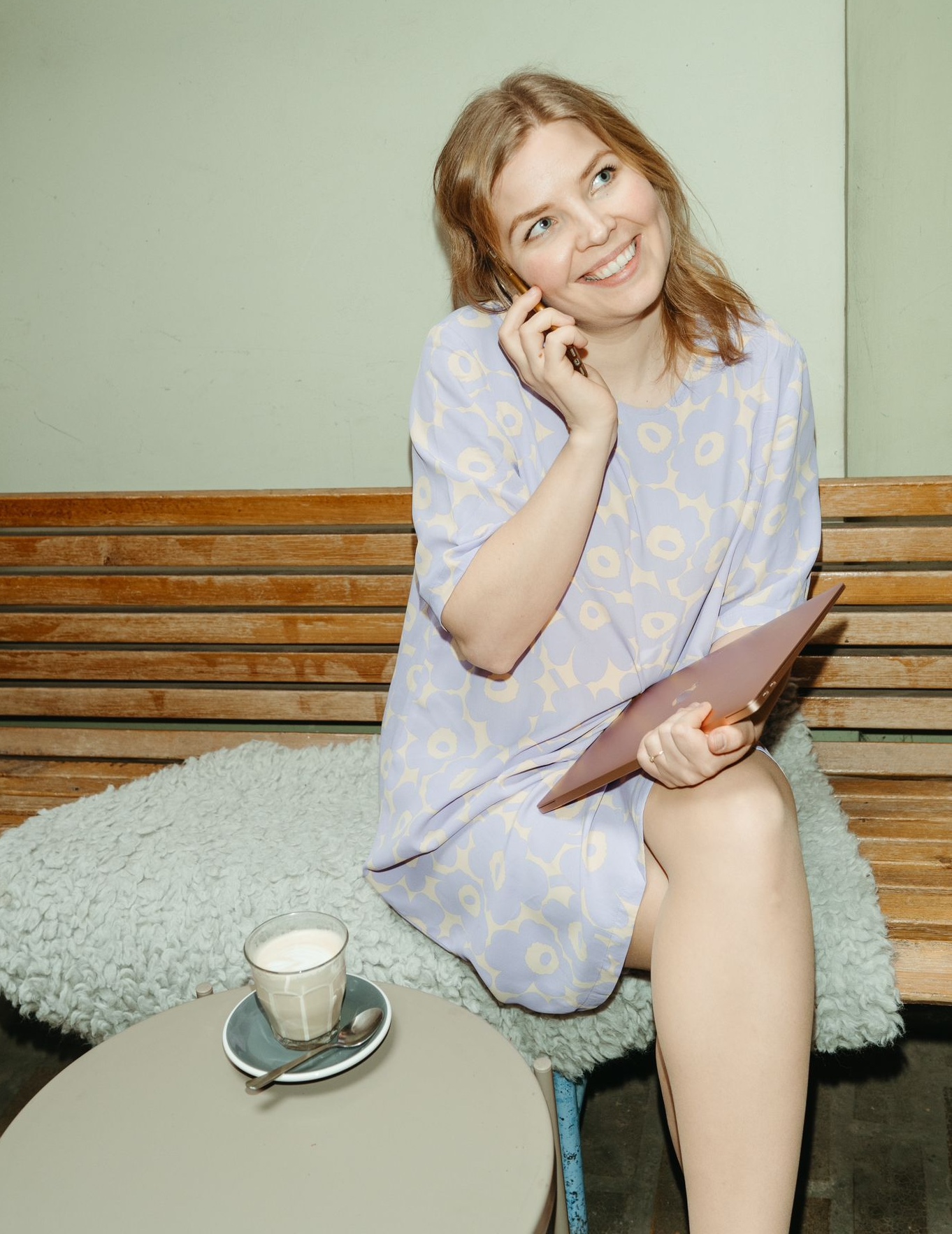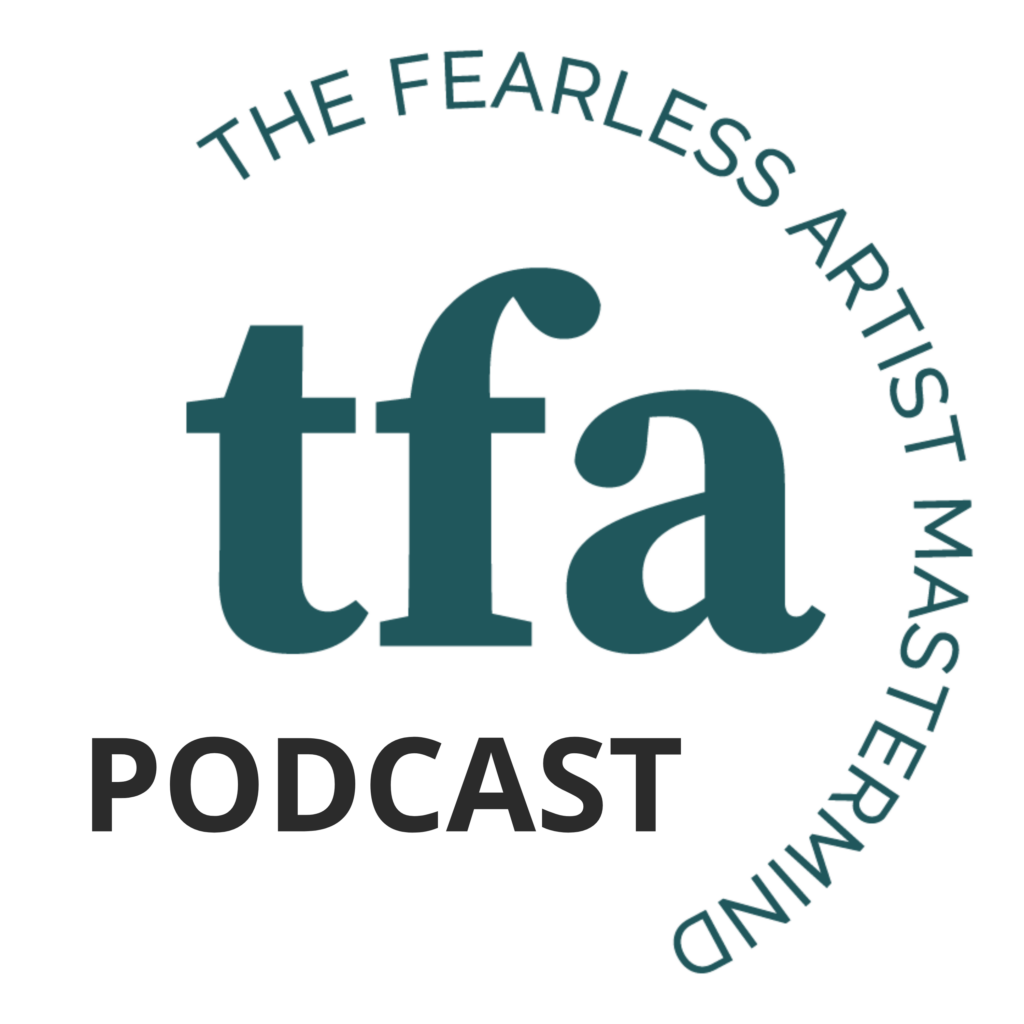How to reach your audience as a musician with social media – with guest the queen of memes Anni Grid

Guest:
Anni Grid
Social Media Manager | Cellist
Anni Kallioniemi is a cellist, entrepreneur, and social media expert with a passion for helping clients shine online. After over a decade of performing across Europe and working in marketing, she launched her own business to combine her love for music and social media.
Based in Budapest, Anni works with clients worldwide—from music festivals and arts organizations to individual artists and startups—creating organic content that genuinely connects with audiences. She loves helping people find their unique voice, grow with authenticity and confidence, and have fun along the way.
—
Website: https://www.annigrid.com
Instagram: https://www.instagram.com/annigrid/
—

Subscribe to The Fearless Artist Podcast
Intro/Outro music by Michelle Lynne • Episode produced by phMediaStudio, LLC
